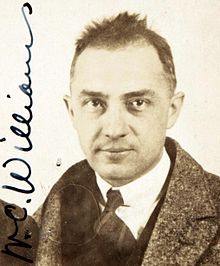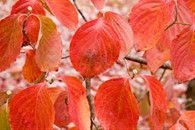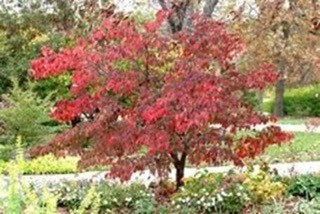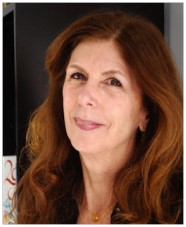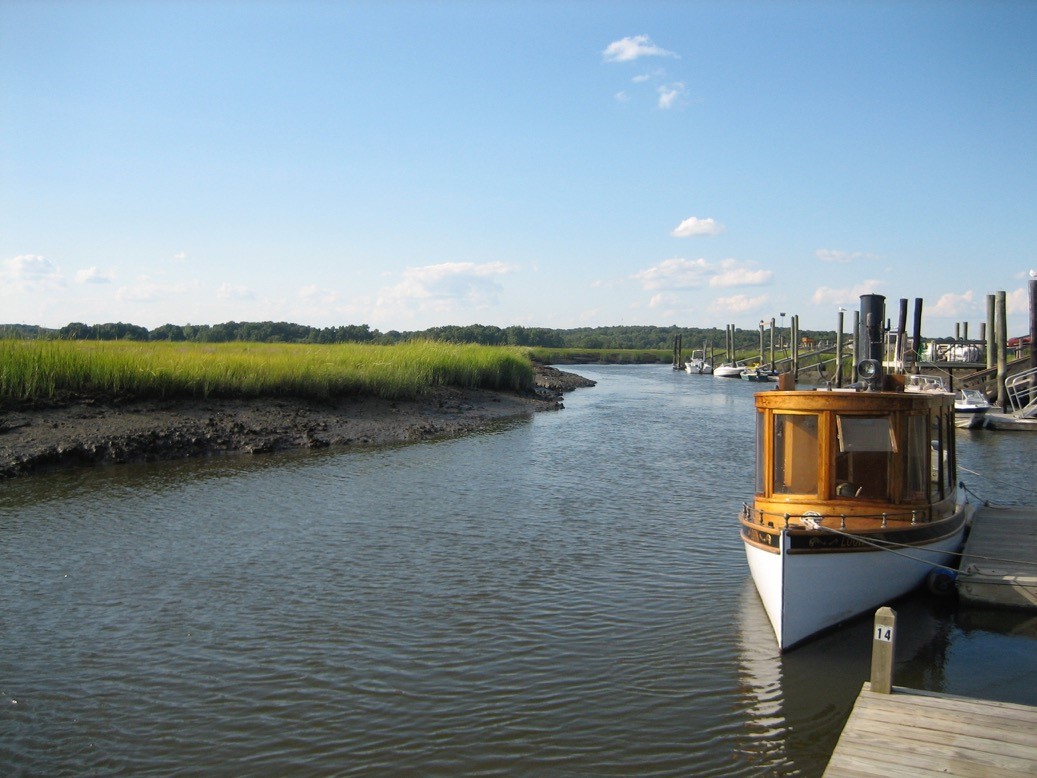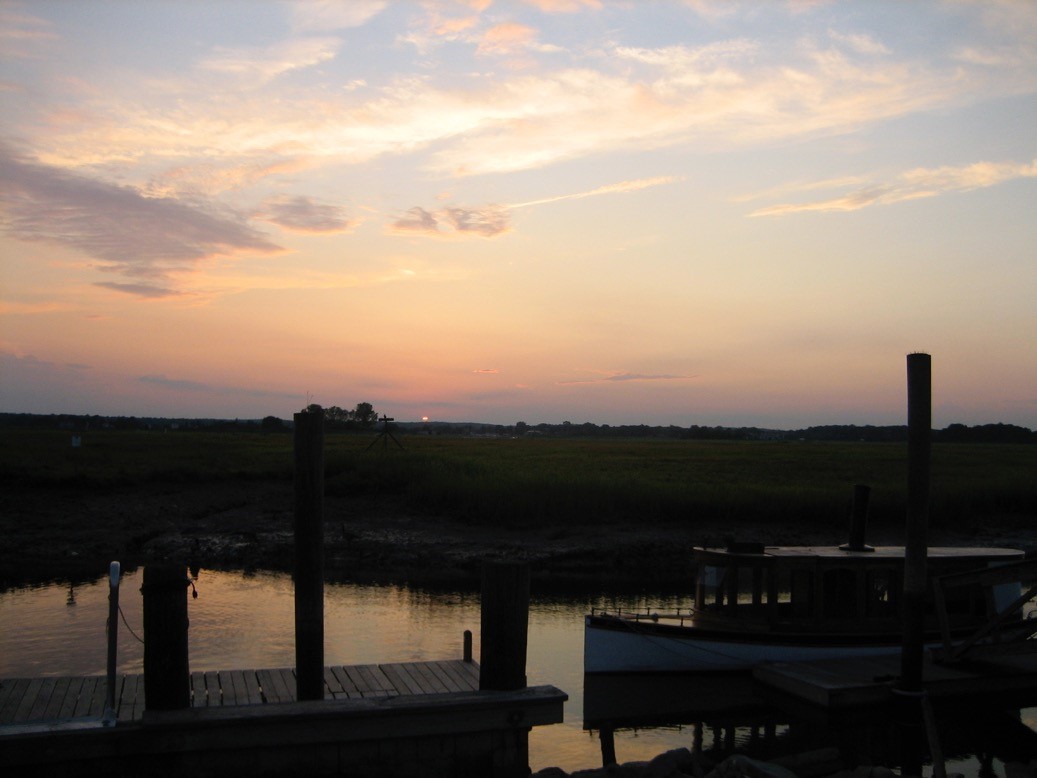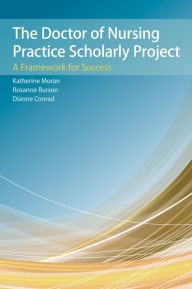We encounter each other in words, words
spiny or smooth, whispered or declaimed,
words to consider, reconsider.
Elizabeth Alexander
2009 Presidential Inauguration poem
Guest editing “A Work Day in Hard Times” the week before U.S. elections, elections that have been marked by so much contention, anger, and fear, I find myself drawn to the words that head its mast:
In easy times you don’t have to be so careful about your language; you will spontaneously find playful words, wise with kindness. In hard time it helps to pay attention to word choices lest we slide into cynical, frightened or bitter language that biases our imaginations. The poems or sacred text in these posts are beautiful, just the thing to pay attention to in hard times. —Fr. John Staudenmaier, S.J.
This week I will be posting poems that speak to what poetry might provide us at this moment if we pay it our attention—reminders, clearings, bridges.
In her poem “Ars Poetica #100: I Believe” Elizabeth Alexander poses a question, a question that asks us to remember our starting place:
Ars Poetica #100: I Believe
Poetry, I tell my students,
is idiosyncratic. Poetry
is where we are ourselves
(though Sterling Brown said
“Every ‘I’ is a dramatic ‘I’”),
digging in the clam flats
for the shell that snaps,
emptying the proverbial pocketbook.
Poetry is what you find
in the dirt in the corner,
overhear on the bus, God
in the details, the only way
to get from here to there.
Poetry (and now my voice is rising)
is not all love, love, love,
and I’m sorry the dog died.
Poetry (here I hear myself loudest)
is the human voice,
and are we not of interest to each other?
Elizabeth Alexander

Hear Krista Tippet, host of On Being, interview Elizabeth Alexander on what poetry works in us—and in our children—and why it may become more relevant, not less so, in hard and complicated times.
Rosemary Weatherston, Ph.D.
Associate Professor of English
Director, Women’s & Gender Studies Program
Director, Dudley Randall Center for Print Culture
313.993.1083

